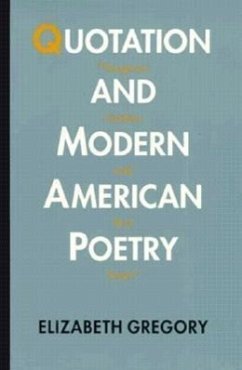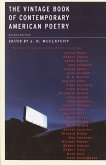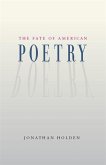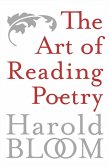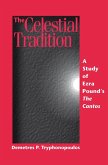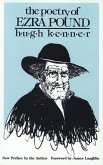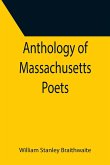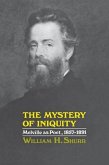Why did quotation come into vogue among modernist American poets when, historically, allusion had been the preferred mode of intertextual reference? Elizabeth Gregory argues that quotation served as a site of these poets' struggle with questions of literary authority and, relatedly, of cultural and gender identity. While different poets quoted very different kinds of texts to very different effects, their shared reliance on quotation suggests their commonality of concerns - concerns that remain of interest in the postmodernist world, where quotation has become the prevalent artistic method. Gregory reads the efflorescence of poetic quotation as part of an attempt to redefine the sources of authority in the modernist world, in which traditional hierarchies of all kinds seemed to be disintegrating. For Americans and for women this breakdown offered an opportunity, since they had long occupied a secondary position in the reigning cultural and gender orders. But it was an opportunity with a cost, and not all poets welcomed it. Through close readings of T. S. Eliot's The Waste Land, William Carlos William's Paterson, and a selection of the poetry of Marianne Moore, the author explores the spectrum of modernist response to these issues and the ways in which each poet used quotation to establish a very different position of authority for him or herself. Eliot employs quotation to reassert old hierarchies and, by denying his Americanness, to claim a place of authority within them. Moore, oppositely, employs quotation as a means of questioning hierarchy and of laying claim to a kind of anti-authoritative authority for herself. Williams takes an insistently ambivalent position toward authority, represented most clearly in his schizophrenic attitudes toward gender.
Hinweis: Dieser Artikel kann nur an eine deutsche Lieferadresse ausgeliefert werden.
Hinweis: Dieser Artikel kann nur an eine deutsche Lieferadresse ausgeliefert werden.

